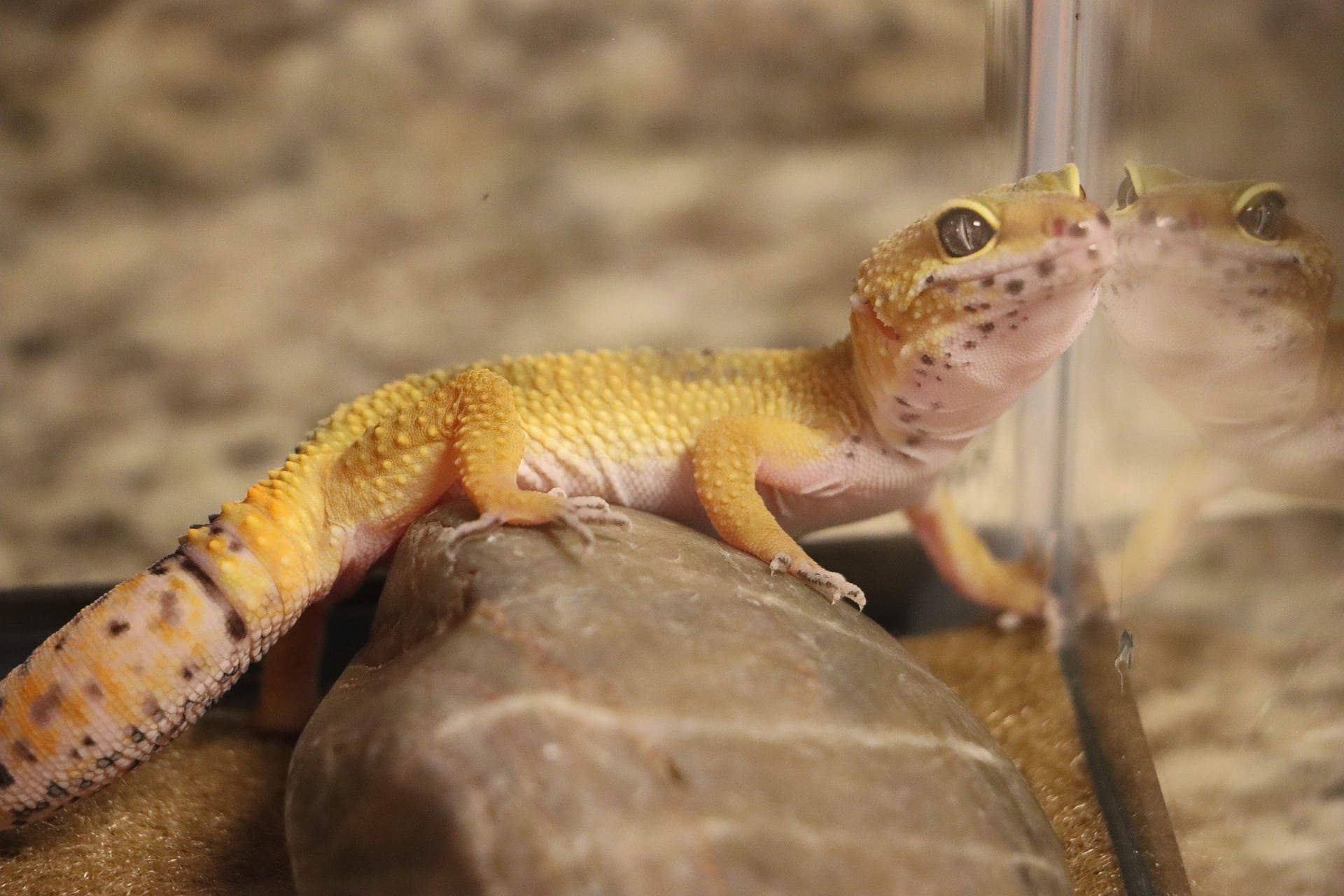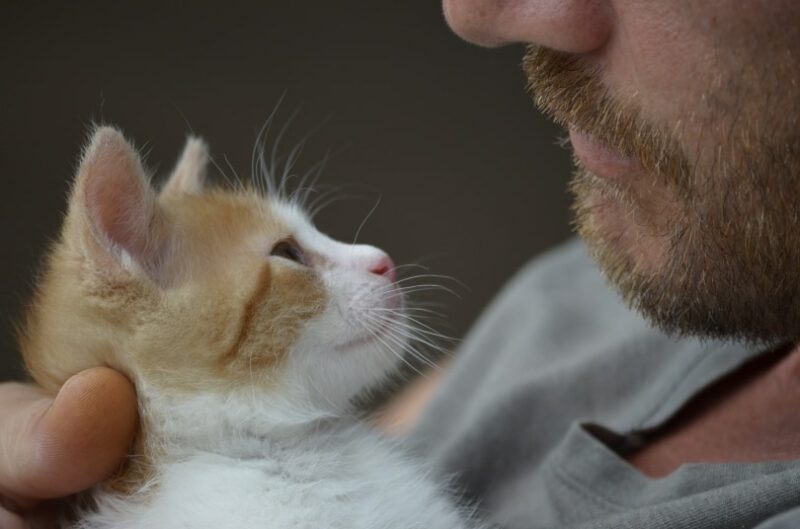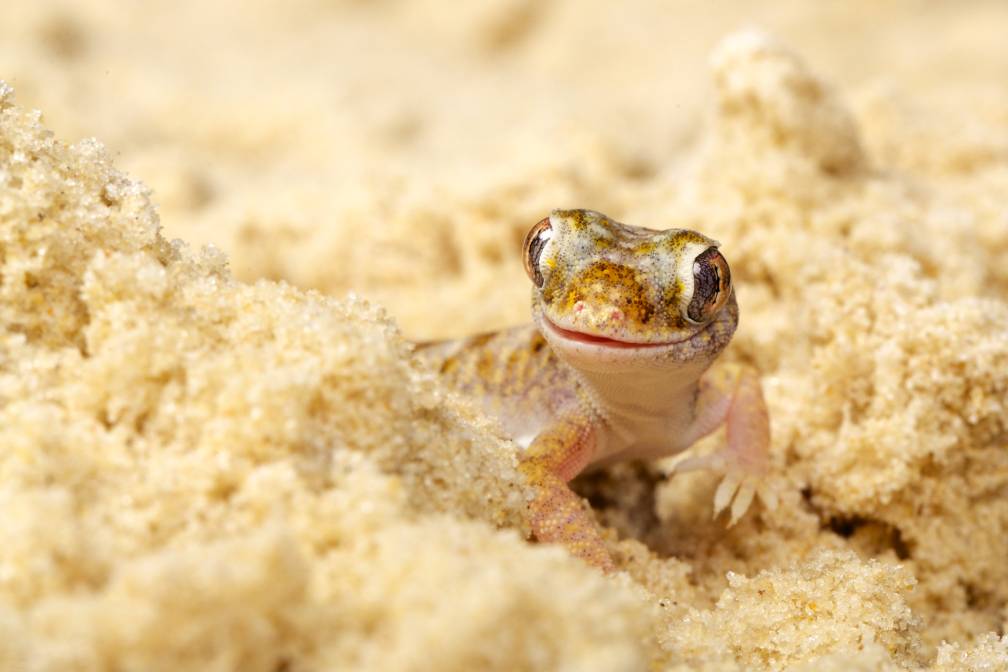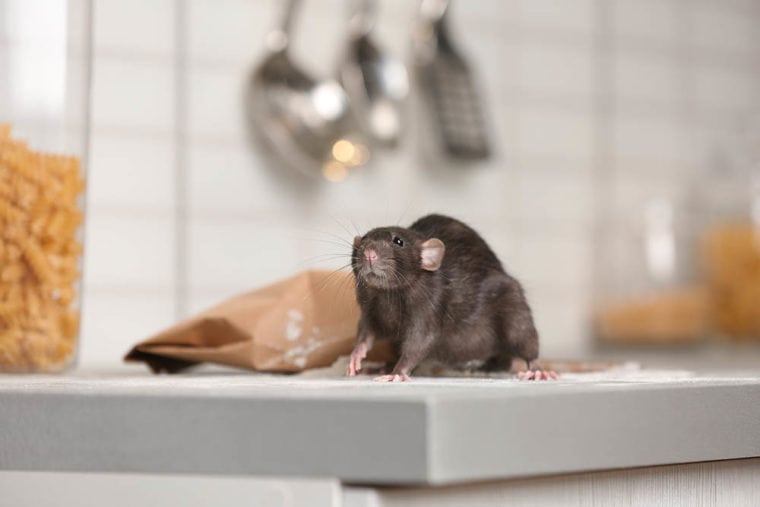
Rodents are a vital food source for birds and mammals, but their contribution to the food chain is not important when they invade your home. They can tear up wood, HVAC hoses, and insulation in your home, and they leave foul droppings and trails of urine in your attic or basement. Those qualities alone make them unwanted guests, but they also carry diseases and parasites and can attract larger predators to your property.
If rat urine has created a ghastly smell in your home, you can follow these tips to eliminate the odor and sanitize the affected materials.
How to Get Rid of Rat Urine Smell
1. Open Your Windows to Air Out the Contaminated Area
Rats are less curious than mice, and they prefer keeping their distance from humans. They’re unlikely to urinate in a living room or bedroom, but they’re notorious for contaminating basements and attic spaces. Attics and basements are usually not ventilated, and the smell of rat urine can linger unless you air out the area. You can use an extractor fan connected to an open window for attics and basements without windows or vents to remove the smell. You can also leave an air purifier running for a few hours to remove the urine odor.

2. Wear Old Clothes and Protective Equipment
Cleaning rat urine and using cleaning products in an enclosed area is a messy job, and you’re better off wearing old clothes that can take the abuse from chemicals. Cleaning the site in the early morning is the best time when you’re working in the attic, especially in the summer. You’ll also need eye protection, a face mask, gloves, and a head covering to protect you from the cleaning agent and the odor it generates.
3. Use a Bleach and Water Solution
One of the most inexpensive DIY cleaners is a 10:1 ratio of water to bleach. It’s stronger than ordinary sanitizer, so you’ll need a fan or fume extractor to avoid the chlorine fumes. Mix ¼ cup of bleach with 2½ cups of water and pour it into a sprayer. If the urine is still wet, blot it with paper towels before using the cleaner. Saturate the spot with the solution and wait 5 minutes before cleaning it. When you have urine-stained objects or materials on the floor, remove them and place them outside in the sunlight. Sanitize the area where the stained objects were located with the bleach solution.
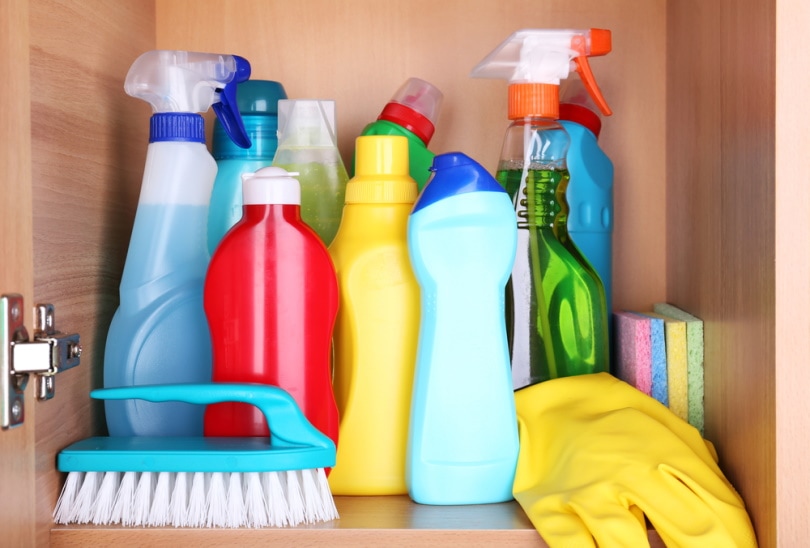
4. Apply an Enzymatic Cleaner
If you have a large area affected by rat urine, you can spend a few more dollars on an enzymatic cleaner. The water and bleach solution will work, but you may have to repeat the cleaning several times if the staining is significant. Enzymatic cleaners usually sit for 2 or 3 hours to remove the smell, but they remove odors entirely and seldomly need to be sprayed more than once. The only downside to using an enzymatic product is the limited shelf life. However, you will only have to use it once if a professional service handles your rodent problem.
Our Favorite Product
Hepper Advanced Bio-Enzyme Pet Stain & Odor Eliminator Spray is our favorite all-purpose cleaner for pet messes. It permanently lifts the very worst stains and odors, making clean up and accident prevention breeze. Hepper offers a 100% guarantee, which is a great bonus! Learn more about it here.
- ADVANCED ENZYMATIC CLEANER - Penetrates the most stubborn smells and stains at the deepest molecular...
- FOR ANY MESS, ON ANY SURFACE - This pet odor eliminator cleans your carpets, floors, furniture,...
- FRESH, NATURAL ODOR - Our unique formulation doesn't rely on dangerous or unpleasant chemical...
At Pet Keen, we’ve admired Hepper for many years, and decided to take a controlling ownership interest so that we could benefit from the outstanding products of this cool cat company!
5. Use Baking Soda to Absorb Airborne Particles
After cleaning the stains, you can also place containers of baking soda around the area to absorb residual odors and minimize the scent of the cleaner. Baking soda is an effective odor filter, but you need to replace it with fresh soda every 1 or 2 days to eliminate the smell. You may be tempted to use a deodorizer, but it will only cover the smell temporarily. If you still detect an odor, you can set up an ozone generator.
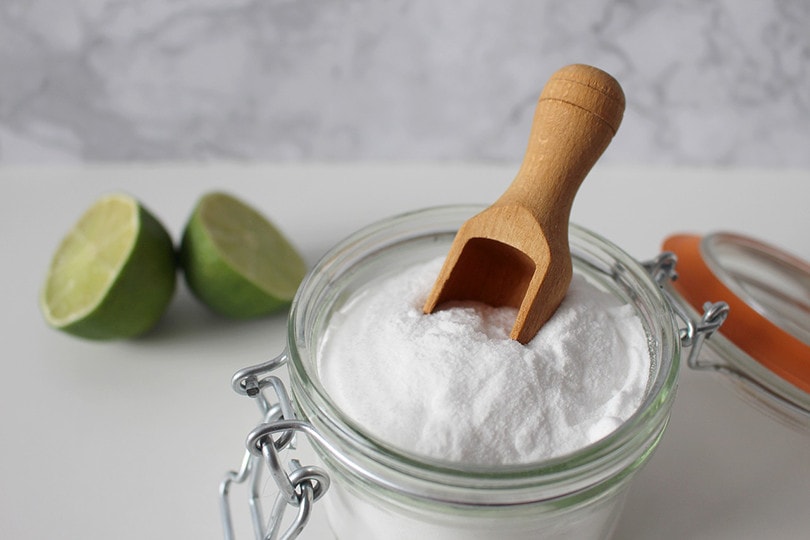
6. Use an Ozone Generator
Ozone generators are more expensive than standard air purifiers, but they eliminate odors in basements, attics, ductwork, and vehicles. Unlike a purifier, you cannot use an ozone generator when working in the same room. The machine produces ozone gas that kills urine odors but is dangerous for humans to inhale. Close off the room with the urine stains and allow the generator to run for 3 to 4 hours to remove the smell. If you do not want to purchase one, you can rent them from equipment supply dealers.
7. Discard Any Items That Cannot Be Cleaned
Cardboard boxes and old papers cannot be cleaned with sanitizer and must be discarded along with any towels or rubber gloves you used for cleaning. Most pets do not have access to an attic, but a contaminated basement may be an area your dog or cat visits. Rats can transmit several diseases, but the biggest danger from dried urine is leptospirosis. The bacterial infection can be contracted when a dog licks contaminated urine, and it can infect the kidneys, liver, and central nervous system.
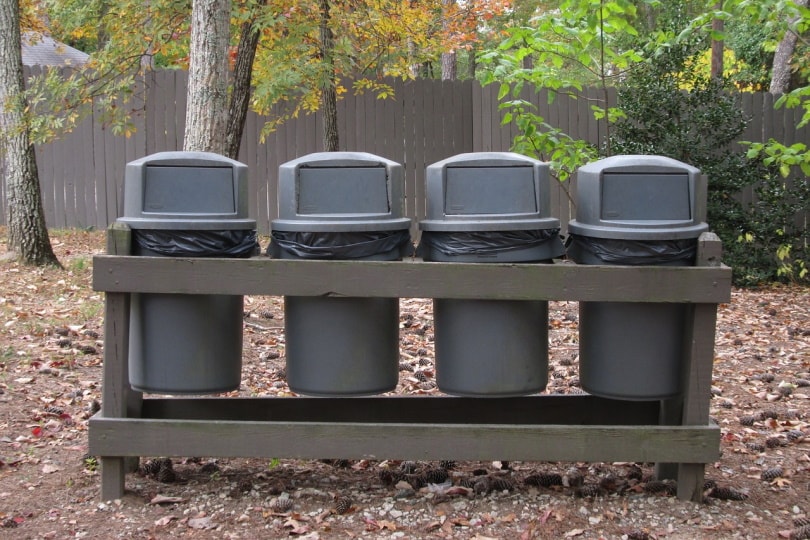
8. Steam Clean the Carpet
If the contamination occurs on the carpet, you should use a cleaner to disinfect the material and steam cleaner to ensure you remove deeply embedded particles. The heat will kill any bacteria lingering in the fibers. Steam cleaners can be rented at most grocery store chains and big-box retailers.
9. Wash and Dry Clothes on High Heat
A box full of winter clothes or costumes may have been contaminated by rat urine, but you can clean them in the washer to remove the odor. You can wash the clothes with standard detergent in warm water and dry them on a high heat setting to ensure they’re safe to wear. If the odor remains, you can use an enzymatic detergent to remove the smell. Enzymatic detergents are more expensive, but they do not require multiple applications.

10. Call a Pest Control Technician
If you have a rat family in your home, you can use commercial products to reduce the population, but you’re unlikely to solve your problems without locating the nest. Commercial poisons will kill rats, but most are not safe to use in homes with pets. Dogs and cats are vulnerable to bromethalin poisoning if they contact the toxin or consume a rodent poisoned by the substance.
Finding a rat’s nest is not an easy or safe task for an amateur, but a pest control technician can remove the nest and prevent a future invasion. Sealing gaps and holes that lead into your home, removing outdoor pet food bowls, and keeping your yard and home clean can reduce your chances of a rodent infestation.
Conclusion
Cleaning the mess created by rats is time-consuming and dirty work, but it protects the health of your family and pets. Eliminating the odor is essential but removing the rodents from your property is your primary concern. If you’ve only seen limited evidence of rat activity, you may think that you can handle a minor problem. However, you cannot determine the size of the population without inspecting your entire home and locating the nest. Instead of risking an injury battling a rodent, rely on a professional service to rid your home of rodents and their potent waste.
Featured Image Credit by: New Africa, Shutterstock




